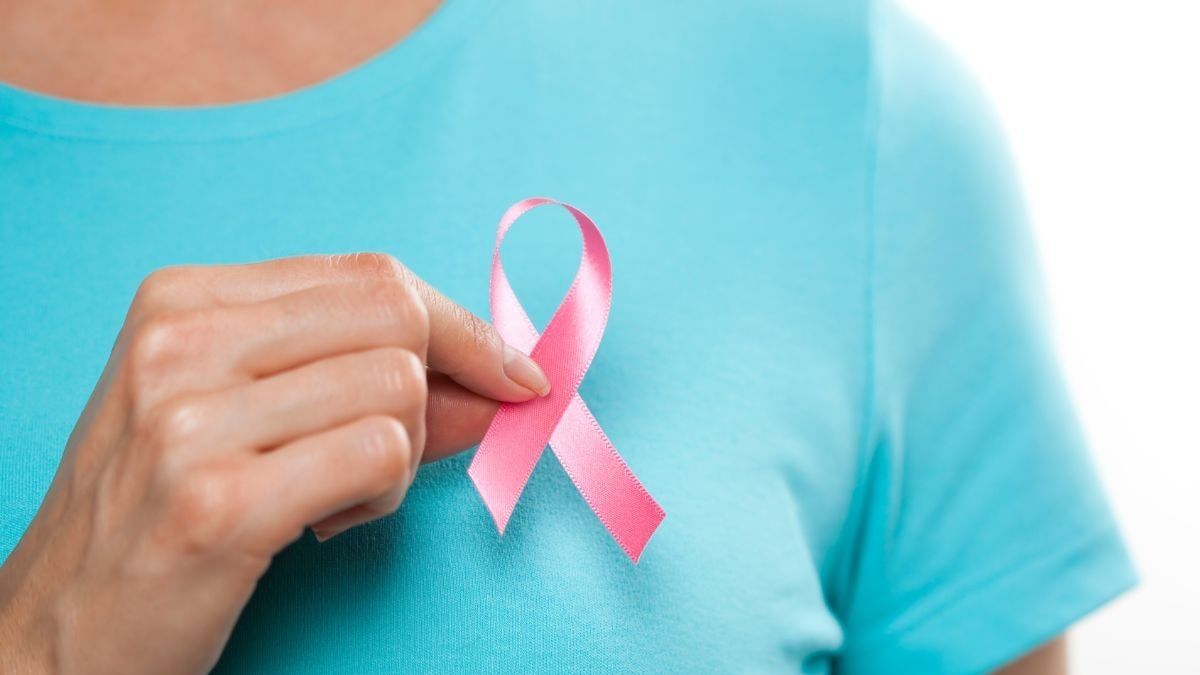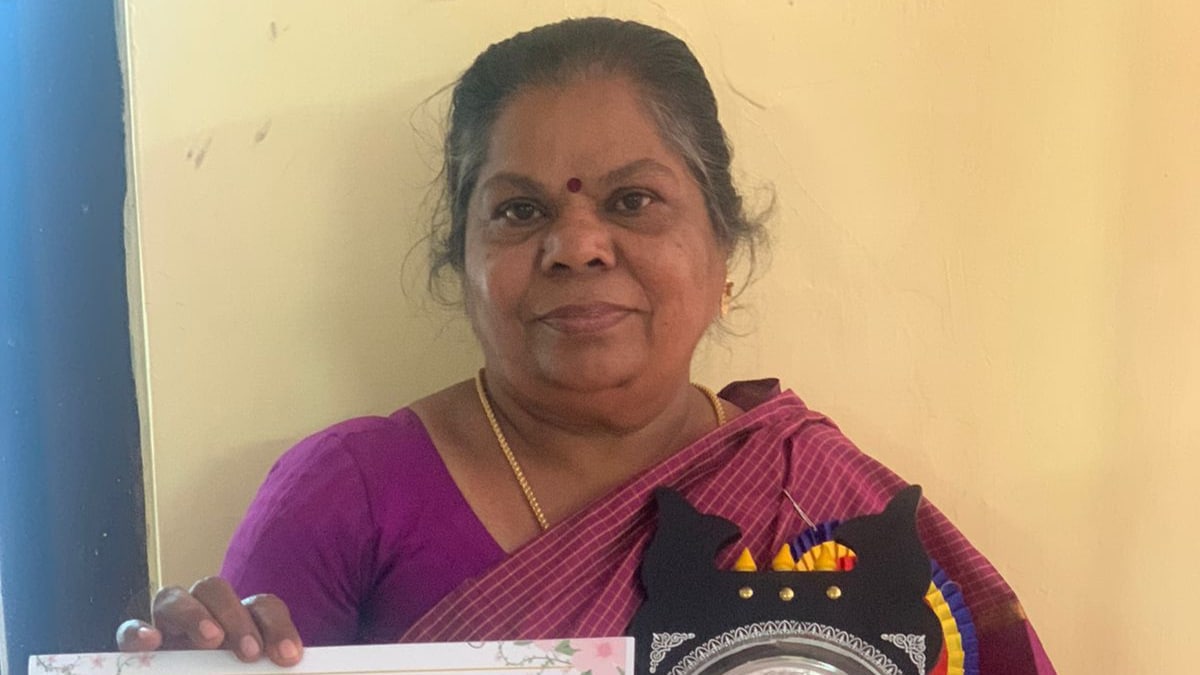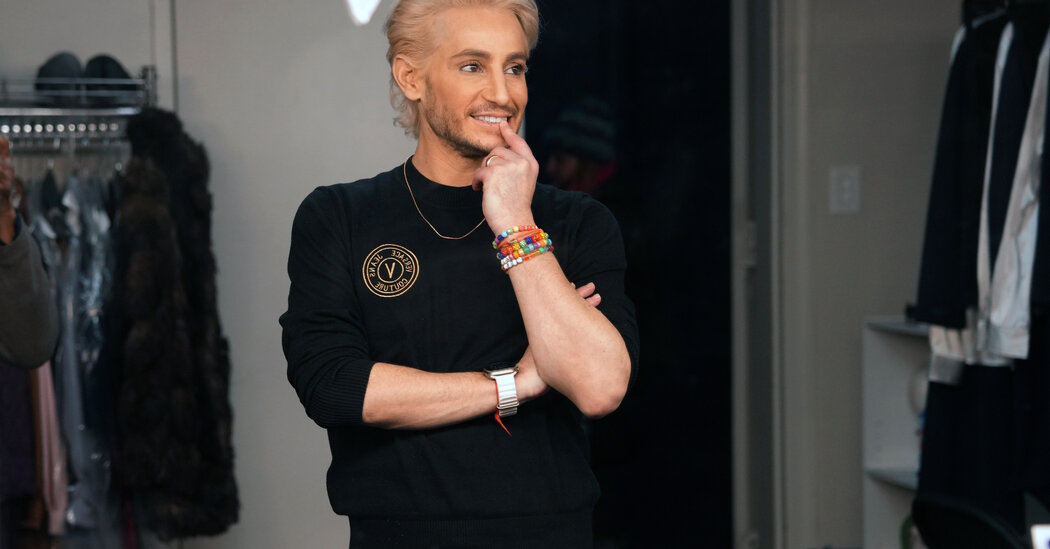Last update:
Early-onset breast cancer cases are not uncommon at specialist hospitals like AIIMS. (Getty)
Dr. Rath stressed the importance of early detection, stating that while breast cancer cannot be prevented, early detection leads to successful treatment in 95 percent of cases.
Recently, a 14-year-old girl from Bareilly in Uttar Pradesh sought treatment at the All India Institute of Medical Sciences (AIIMS) in Delhi for advanced breast cancer. Surprisingly, the cancer developed significantly since she first noticed a painless lump near her breast at the age of nine. Initially, the lump was painless, but over the years it grew and eventually caused discomfort and oozed pus. Only then did her family seek medical help, underlining the critical need for early detection. The girl is currently undergoing treatment at the institute.
Early-onset breast cancer cases are not uncommon in specialised hospitals like AIIMS. Dr GK Rath, former director of the AIIMS Cancer Hospital, said that breast cancer cases in girls, though rare, are not unprecedented. Having treated a patient as young as 12 years, he stressed the importance of awareness and regular self-examinations among women and girls from an early age.
Dr Rath reiterated the importance of early detection, stating that while breast cancer cannot be prevented, early detection leads to successful treatment in 95 per cent of cases. Therefore, regular self-examinations are crucial for women. Also, mothers should monitor their daughters to detect any abnormalities in time. She urged women to conduct monthly self-examinations and seek medical advice.
The exact causes of breast cancer remain largely unknown, with only 10 percent of cases linked to genetic factors. Most cases, about 90 percent, have unidentified origins. Dr. Rath advised women to be alert for symptoms such as lumps, bleeding or discharge from the breast or swollen lymph nodes in the armpit, and to see a doctor immediately if they notice any changes. She also recommended being alert, particularly among women with a family history of breast cancer, those who are single or childless, or those over age 30.
Dr. Rath also addressed some common misconceptions among women, noting that some women dismiss breast lumps if they are not causing pain, which could delay diagnosis. She stressed that seeing a doctor is crucial, as a simple ultrasound could provide valuable information without the need for a mammogram.
In closing, Dr Rath urged women and girls to prioritise breast health and to consult with healthcare professionals immediately if they have any concerns. Early intervention, she noted, significantly improves the prospects for successful breast cancer treatment.












